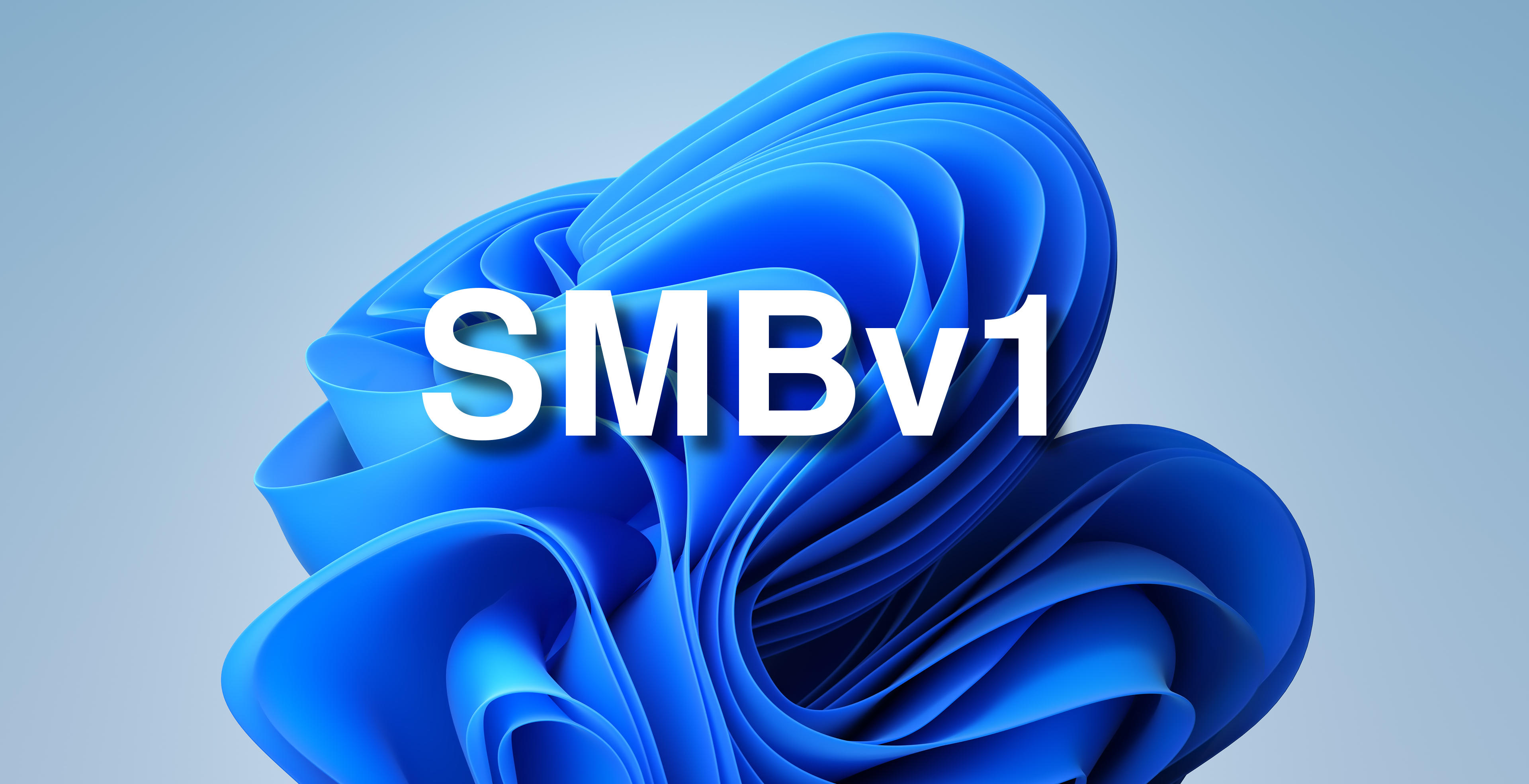Following the September Windows Patch Tuesday release, users report disruptions in accessing network shares that rely on the SMBv1 protocol. The issue affects most supported Windows versions, both client and server editions. Those include Windows 11, versions 24H2, 23H2, 22H2, as well as Windows 10 versions 22H2 and 21H2. The Server Message Block (SMB) protocol enables file sharing across networks. It allows applications to read and write files and request services from servers. This protocol is commonly used with network-attached storage (NAS) devices, particularly in backup operations.

Security flaws in SMBv1 have been widely recognized since the 2017. Exploits exists like EternalBlue and EternalRomance, along with widespread malware campaigns WannaCry and NotPetya, which resulted in significant global financial losses.
Due to the issues linked to SMBv1, Microsoft doesn't enable it by default in both Windows 11 and Windows 10.
Workaround to Make SMBv1 Working
Microsoft acknowledges the connectivity disruption and is developing an official resolution. An updated build addressing the issue is expected in the near future. In the interim, system administrators still using SMBv1 are advised to apply a workaround. Affected users must open the TCP port 445 in the Firewall. This will allow the Windows SMB connection to resume successfully by switching to using TCP instead of NetBT.
Transitioning to more secure, modern versions of the SMB protocol is strongly recommended.
Microsoft is now working to resolve this issue.
Support us
Winaero greatly relies on your support. You can help the site keep bringing you interesting and useful content and software by using these options:
